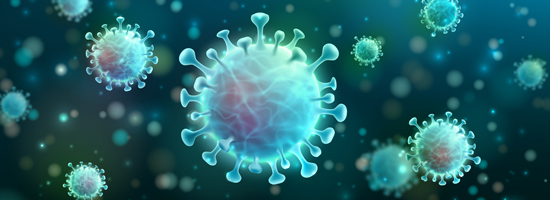
Question:
I have heard that the COVID-19 vaccines can cause a cytokine storm when the vaccinated person comes in contact with another virus. Can this actually happen?
Answer from infectious diseases expert James Lawler, MD:
No, the COVID-19 vaccines do not put you at greater risk for a cytokine storm.
First, what is a cytokine storm?
Cytokines are part of your body's natural defense against an invading virus or bacteria. Cytokines are small polypeptides (chains of molecules that combine to form proteins) important in cell signaling. One of their many jobs is to recruit white blood cells like macrophages. (Macrophage literally means “big eater” – your macrographes literally eat foreign invaders.)
The problem is that these white blood cells don't have control over what they target, so if there are too many of them being produced, they can injure your healthy tissue and organs too. This is called a cytokine storm. We've seen cytokine storms happen in many hospitalized COVID-19 patients.
- Read a step-by-step process of how the COVID-19 virus infects your lungs
- Watch an animation of how the delta variant infects your lungs
How we know the vaccines don't cause cytokine storms
If vaccination puts you at increased risk for a cytokine storm, we would see worse outcomes for vaccinated people than we do for unvaccinated people. That's not what we're seeing.
Across the world, and here in Nebraska, we are seeing much higher rates of severe illness, hospitalization and death in unvaccinated people.
In Nebraska:
- Unvaccinated people have more than 10 times higher risk of death than fully vaccinated people
- 95% of hospitalized Nebraska COVID-19 patients are not fully vaccinated
- 93% of COVID-19 cases in Nebraska are in people who are not fully vaccinated
Please get vaccinated.



